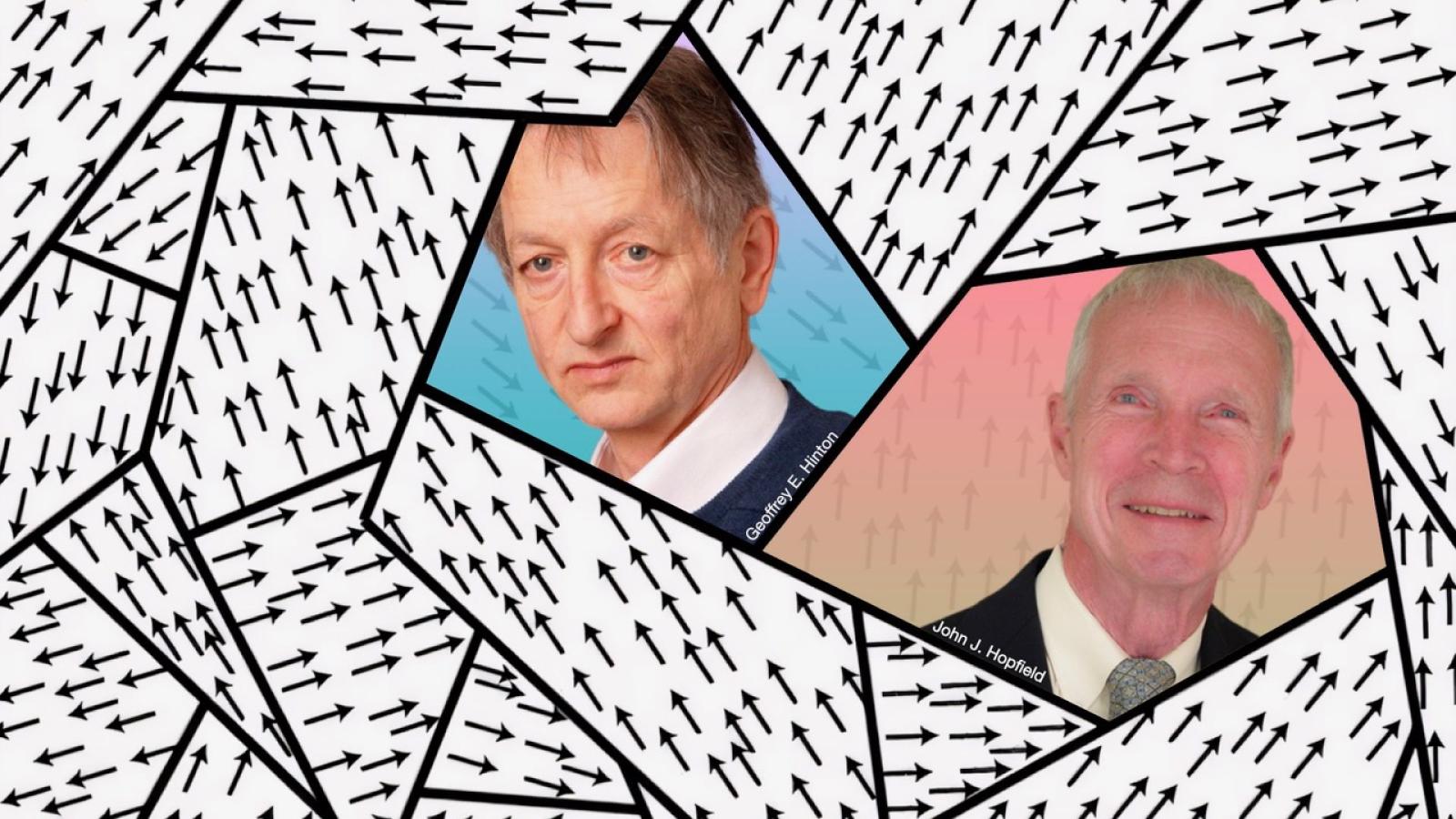Un incontro organizzato dall'Ambasciata britannica a Roma e Science and Innovation Network del governo britannico per discutere di One Health, pandemie, sorveglianza e preparedness con un qualificato parterre di esperti italiani e britannici.
Programma dell'evento
14.30 Welcome address
Rt Hon Lord Llewellyn OBE, His Majesty’s Ambassador to Italy
14.35 Setting the scene: What have we learned from Covid? What is needed to improve our pandemic preparedness?
Susan Hopkins, Chief Medical Advisor, UK Health Security Agency
Giuseppe Ippolito, Director for Research, Italian Ministry of Health
14.55 Genomics for Vaccine, Therapeutics and Diagnostics Development
Saheer Garbia, Director of Genomics and Deputy Director of Gastrointestinal Infections (One Health), UK Health Security Agency
Fausto Baldanti Full Professor, University of Pavia, Director Microbiology and Virology Unit, Fondazione IRCCS Policlinico San Matteo, Pavia
Rino Rappuoli, Scientific Director, Fondazione Biotecnopolo, Siena
Chair: Sergio Abrignani Full professor, University of Milan, Scientific Director of the National Institute of Molecular Genetics of Milan
15.45 Comfort break
16.00 Sustainable Surveillance Systems
Susan Hopkins Chief Medical Advisor, UK Health Security Agency
Silvio Brusaferro, President, Istituto Superiore di Sanita’
Christophe Fraser, Moh Family Foundation Professor of Infectious Disease Epidemiology, Pandemic Sciences Institute & Big Data Institute, Nuffield Department of Medicine, University of Oxford
Chair: Erik Volz, Department of Infectious Disease Epidemiology, Imperial College London
17.00 Coffee break
17.20 New Pathogens Detection and Capability Building
Keith Sumption Chief Veterinary Officer, Food and Agriculture Organization of the United Nations
Antonia Ricci, Director, Istituto Zooprofilattico Sperimentale delle Venezie
Alessio Lorusso, DVM-Phd, virologist, Istituto Zooprofilattico Sperimentale dell'Abruzzo e del Molise Giuseppe Caporale
Patrick McClure, Senior Research Fellow, School of Life Sciences, University of Nottingham
Meera Chand, Co-Director of Clinical and Emerging Infections and Deputy Director for TARZET, UK Health Security Agency
Chair Nicholas Loman, Professor of Microbial Genomics and Bioinformatics, University of Birmingham
18.30 Conclusions by the Chairs


